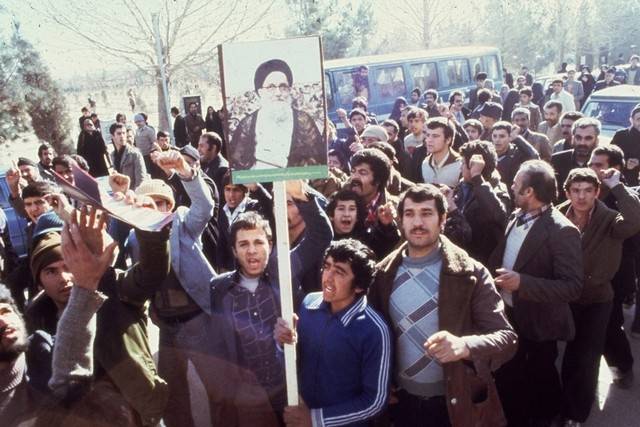When Hassan Rouhani became the seventh Iranian President in 2013, many hoped that the clouds of oppression and religious extremism hovering over the Iranian skies would eventually disperse. The signing of the historic nuclear deal between Iran and the world powers added further weightage to this possibility, ushering in an epoch of peace and goodwill. However, with every passing day, this possibility becomes distant still.
Today Iran is a country marred by instances of human rights abuses against its own people.Earlier this month two Iranian poets were added to the long list of people wronged by the state. Fatemeh Ekhtesari, an obstetrician and Mehdi Mousavi a doctor, were sentenced by the Tehran Revolutionary court eleven and a half years and nine years in prison respectively on charges which include ‘insulting the sacred’, ‘propaganda against the state’ and ‘publishing unauthorized content’. This ruling has been criticized and denounced by human rights groups all over the world. The two poets were arrested in 2013 and placed in solitary confinement. It is believed that Ekhtesari and Mousavi were forced into confessing as both have denied the allegations in court.
As hardliners in Iran gain precedence over the masses, this case is yet another example of the highly suffocated society that Iran is turning into. Ekhtesari’s and Mousavi’s writings were published under the watchful eye of the Ministry Of Islamic Guidance. Had there been any controversial elements in their literature coming under the sphere of blasphemy, the books would not be published in the first place. Mousavi and Ekhtesari in fact highlighted the social issues festering in the Iranian Society in their poetry – something that seems to be a crime in the country. Adding further insult to injury, the two have also been sentenced to flogging ninety nine times each for shaking hands with na-mehram people or ‘having illegitimate sexual relationship short of adultery’.
Iran has a rich literary culture and has given the world poets like Saadi Shirazi, Khayyám Ney-Shapuri, Ferdowsi and Hafez. Seeing two poets flogged just for shaking hands with people of the opposite sex is mindboggling and simply painful. These sentences were meant to warn the people to stay away from any sort of dissent against the state-a message that was loud and clear. This year, more than seven hundred people were sent to the gallows. If this trend continues, more than a thousand people would be hanged in Iran this year alone. With many questions being raised against the judicial system working in the country, it is easy to entertain the notion that a lot of these people, if not the majority, were innocent or persecuted wrongly.
Nargis Mohammadi, a human rights activist, with a history of imprisonments due to her criticism of the Iranian regimes, was arrested again in May and still remains imprisoned. Jason Rezaian, a Washington Post journalist, faces up to twenty years in prison, having been convicted of espionage and other charges while fingers are being pointed at the legitimacy of the trial. Atena Farghadani, a cartoonist, was sentenced to twelve years and nine months in prison due to a cartoon she drew which portrayed the Iranian Parliament members as animals. The cartoon was in essence denouncing a draft law which suppressed the use of contraception. Keywan Karimi, a film maker was sentenced to six years in prison and 223 lashes for “insulting the sacred.”
With rampant cases of flogging and torture which includes the surgical removal of eyes and limbs and unfair trials, Iran is cultivating for itself a notorious reputation. Increasing number of men and women are being persecuted in the name of religion, imprisoned for decades and even hanged. As the government remains silent, such instances will only become more wanton. International pressure can only do so much, when the government itself breeds bigotry and extremism within the state. With the ongoing situation in Iran, one can only wonder how many lives will be required to satisfy the beast of hatred and intolerance. One can only dread where it will lead to, for unrest in Iran means danger for the whole region. So before people take the law in their own hands, it is of paramount importance that the state provides them with a judicial system which is true and fair in all its essence. One wonders why our governments and leaders can’t accept the fact that the masses are individuals with ears that listen, eyes that see and minds that understand. They cannot be conditioned into acting in a certain way-not forever.






